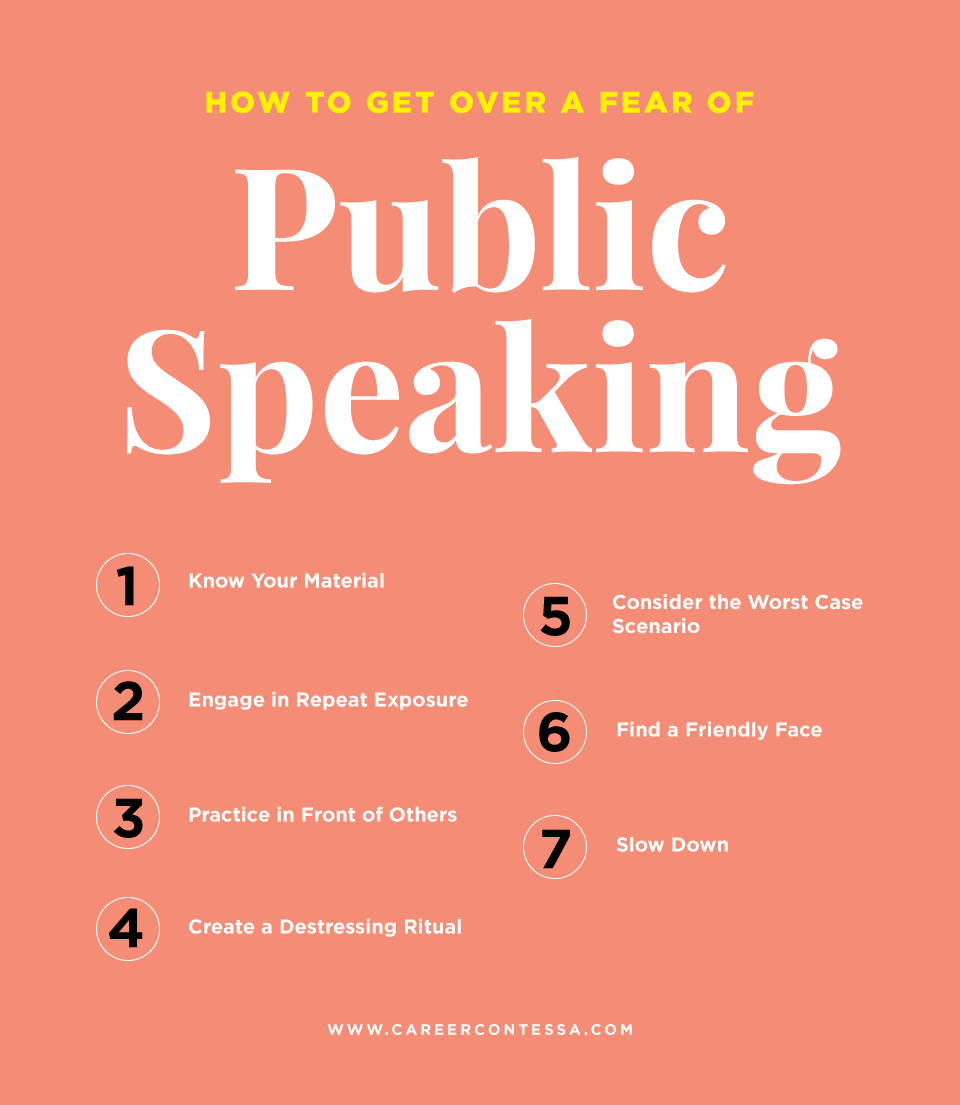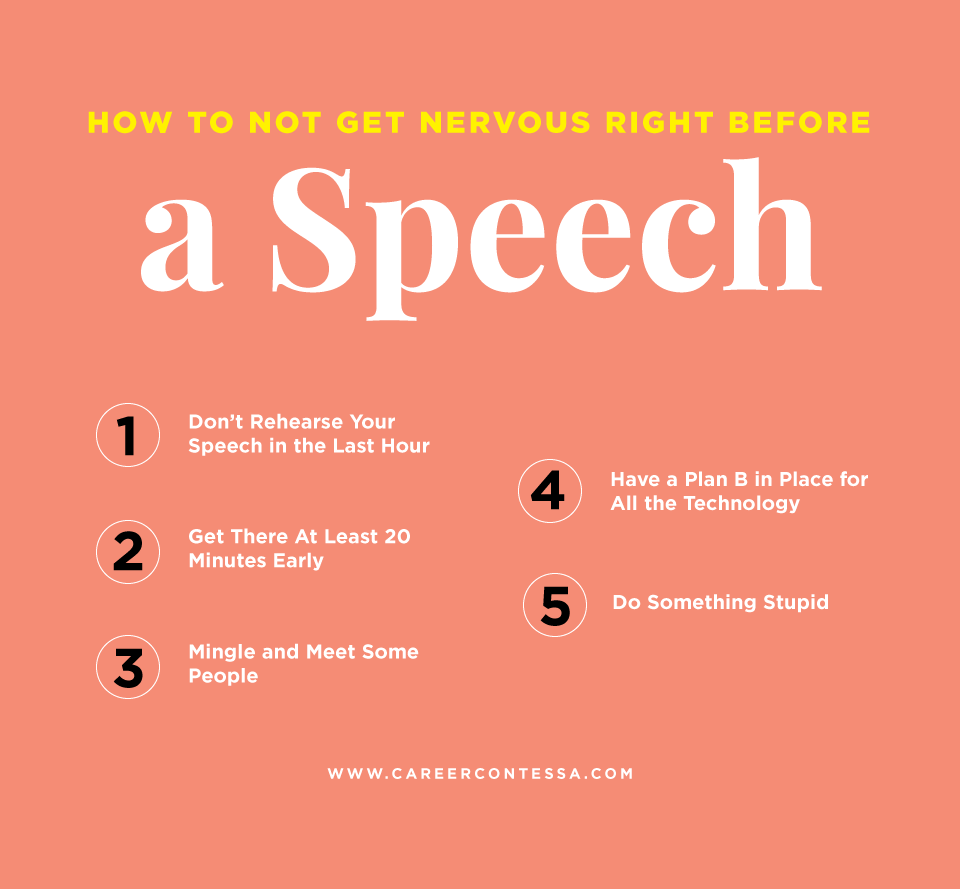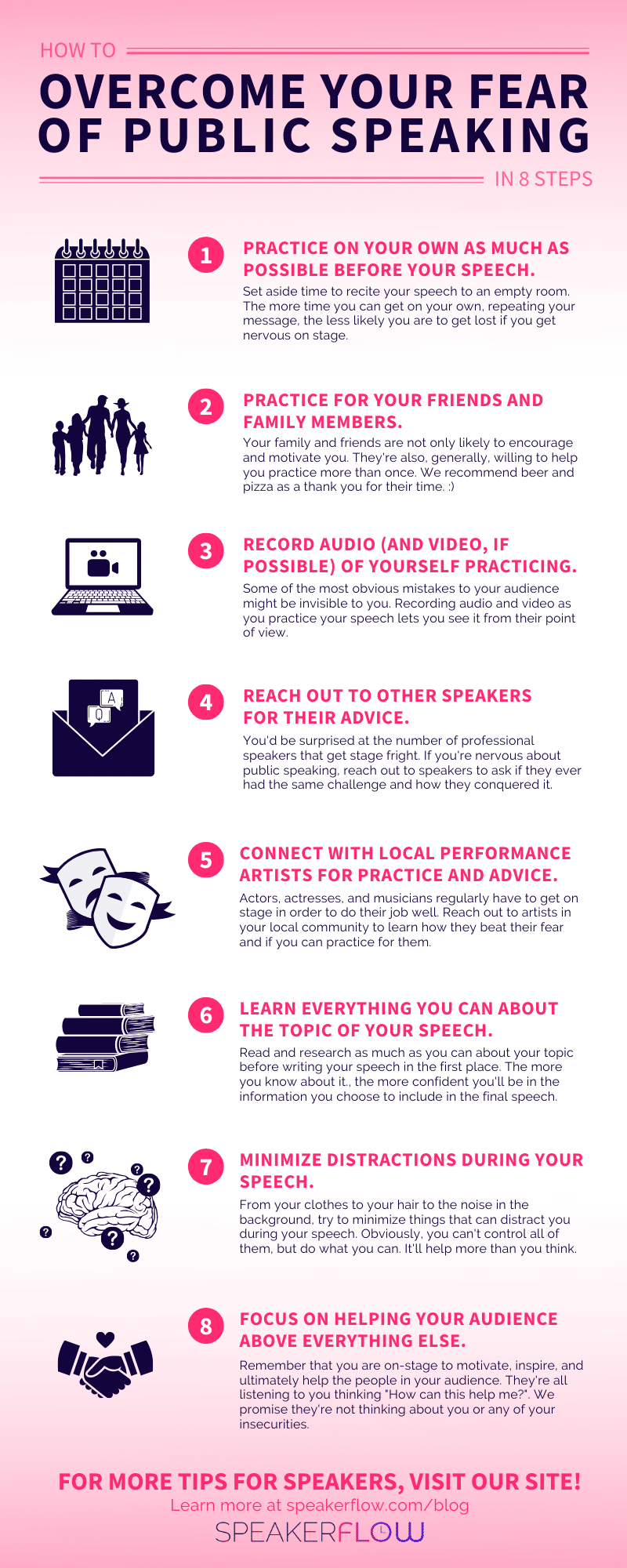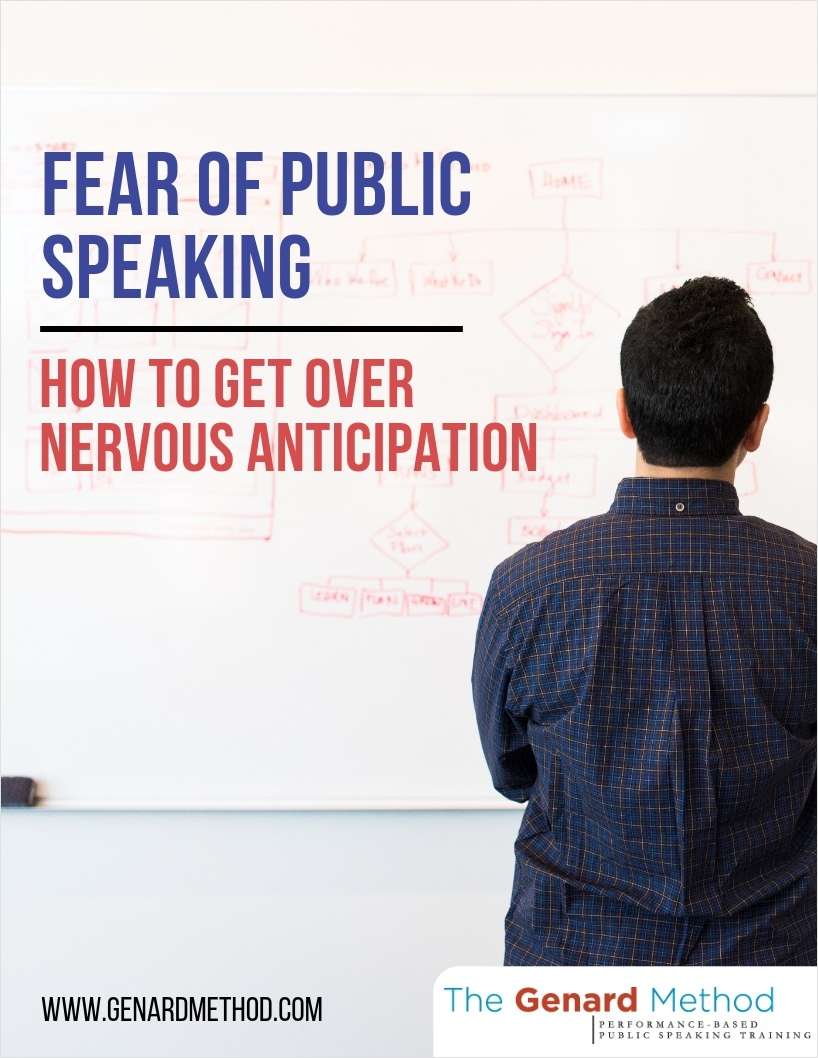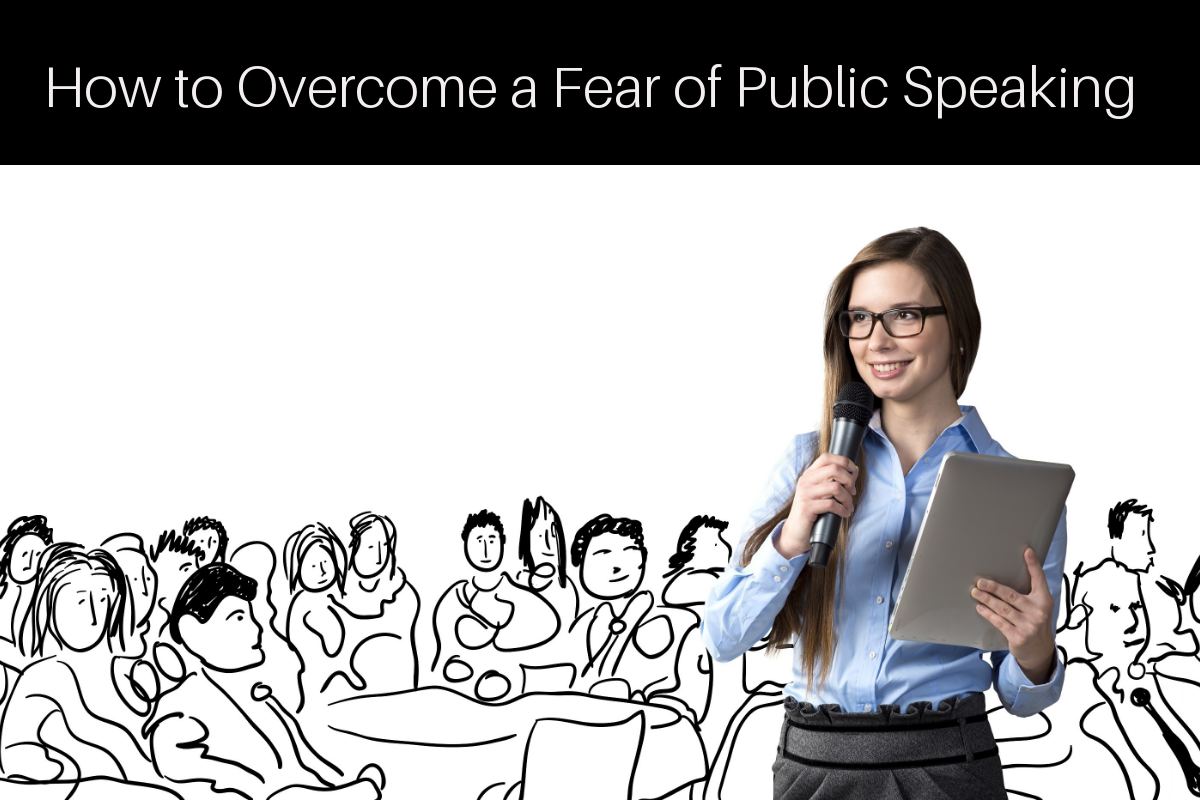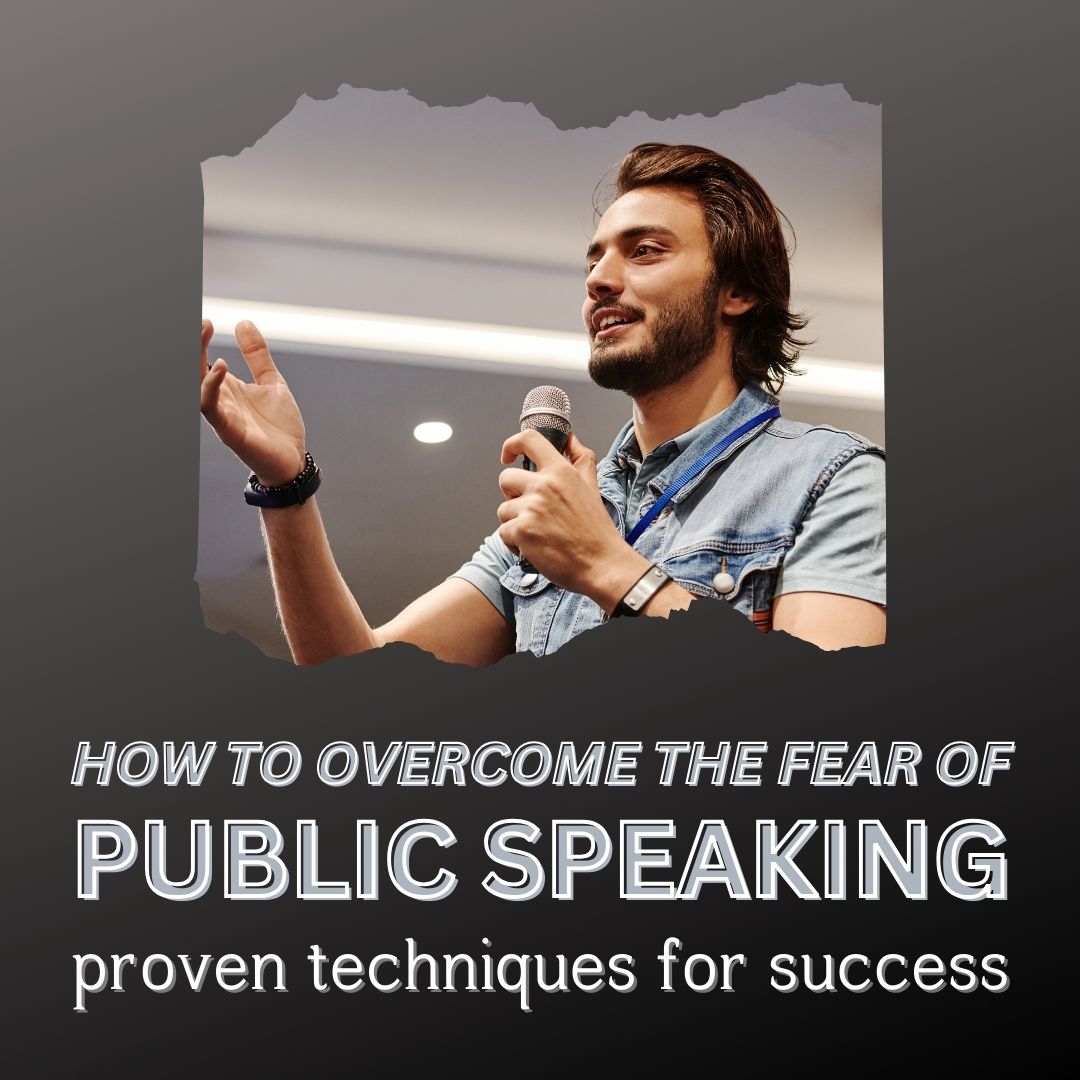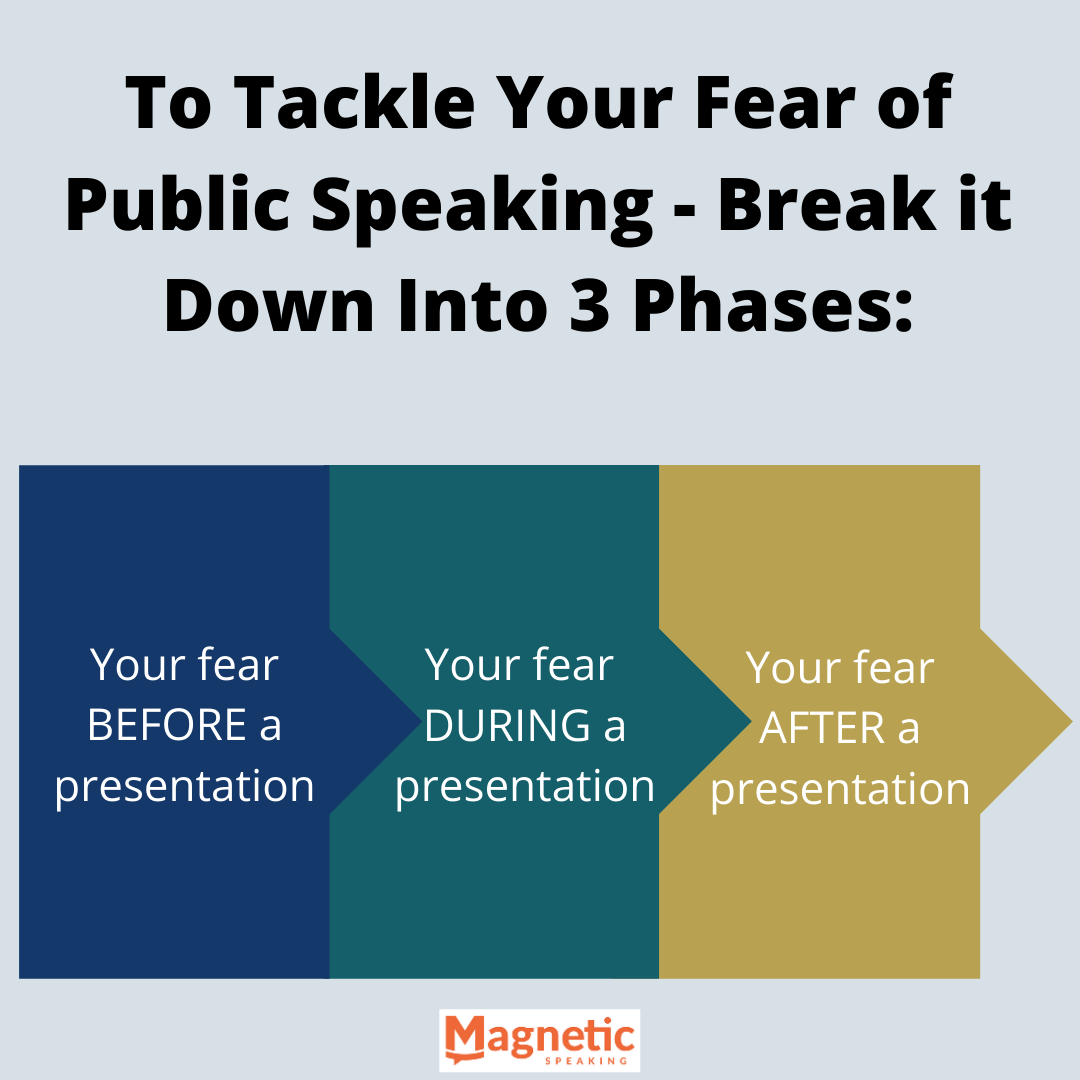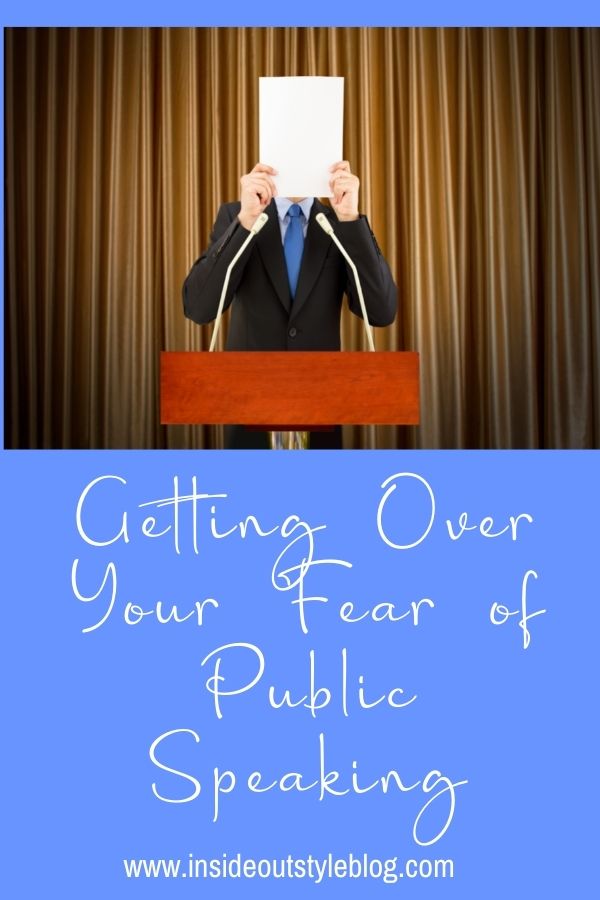How To Get Over The Fear Of Public Speaking

A knot tightens in your stomach, your palms sweat, and your voice trembles. Public speaking, a skill essential for career advancement and personal influence, evokes sheer terror in millions. Overcoming this fear can unlock opportunities and empower individuals to share their ideas confidently.
This article delves into actionable strategies for conquering glossophobia, the fear of public speaking. It synthesizes expert advice and proven techniques to help readers transform anxiety into assuredness on any stage. From understanding the root causes of fear to practicing effective delivery, we'll explore a comprehensive roadmap to public speaking mastery.
Understanding the Fear
The fear of public speaking is a common phobia, often rooted in social anxiety and fear of judgment. According to the National Institute of Mental Health, social anxiety disorder affects an estimated 12.1% of adults in the United States at some point in their lives. This anxiety can manifest intensely when individuals are placed in the spotlight, leading to panic and avoidance.
Dr. Melanie Greenberg, a clinical psychologist specializing in anxiety disorders, explains that "the fear isn't necessarily about the content of the speech but about the perceived evaluation from the audience." This perception of potential negative judgment fuels anxiety and triggers the body's fight-or-flight response.
Practical Techniques for Overcoming Fear
Preparation is Key
Thorough preparation is arguably the most effective weapon against public speaking anxiety. Knowing your material inside and out reduces uncertainty and builds confidence. This involves not only understanding the content but also structuring it logically and practicing the delivery.
Create a detailed outline, including key points, supporting arguments, and memorable anecdotes. Rehearsing the speech multiple times helps to internalize the structure and identify areas that need improvement.
Visualization and Positive Self-Talk
Visualization involves mentally rehearsing a successful speech, picturing yourself confidently delivering the presentation. This technique helps to reprogram the mind and reduce anxiety by creating a positive association with public speaking.
Replace negative thoughts with positive affirmations. Instead of thinking "I'm going to mess this up," try "I am well-prepared and capable of delivering a great speech."
Managing Physical Symptoms
Anxiety often manifests physically, leading to symptoms like rapid heartbeat, sweating, and trembling. Techniques like deep breathing and mindfulness can help to manage these symptoms. Deep, slow breaths activate the parasympathetic nervous system, promoting relaxation.
Mindfulness involves focusing on the present moment without judgment. Before speaking, take a few moments to notice your breath and ground yourself in the present.
Exposure Therapy and Practice
Gradual exposure to public speaking situations can help to desensitize individuals to their fear. Start small, practicing in front of friends or family members. As confidence grows, gradually increase the size of the audience and the complexity of the speaking situation.
Joining a public speaking group like Toastmasters International provides a supportive environment for practicing and receiving constructive feedback. These groups offer a structured approach to improving public speaking skills and building confidence.
Seeking Professional Help
For individuals with severe anxiety, professional help may be necessary. Cognitive Behavioral Therapy (CBT) is a proven method for treating social anxiety disorder. CBT helps individuals to identify and challenge negative thought patterns and develop coping mechanisms for managing anxiety.
Dr. Sarah Johnson, a therapist specializing in anxiety disorders, notes that "CBT can provide individuals with the tools they need to reframe their thoughts and behaviors around public speaking." In some cases, medication may also be prescribed to help manage anxiety symptoms.
The Future of Public Speaking
The ability to communicate effectively remains a vital skill in the modern world. With the rise of remote work and virtual presentations, mastering public speaking is more important than ever. Individuals who can confidently articulate their ideas and engage their audiences will have a distinct advantage in their careers and personal lives.
By understanding the root causes of fear and implementing effective strategies, anyone can overcome their anxiety and become a confident public speaker. Embrace the challenge, practice consistently, and unlock the power of your voice.
